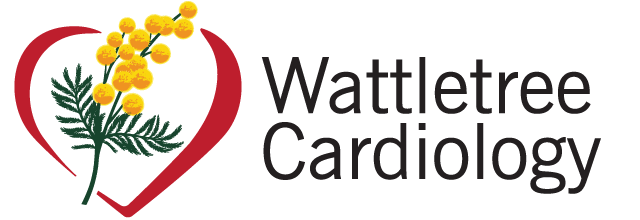What is hypertension?
Hypertension means high blood pressure, and is present when your blood pressure is greater than normal levels for the population. There are two components of blood pressure that we measure – the systolic and diastolic pressures. The systolic blood pressure is the higher value and represents the pressure at the moment the heart pumps the blood into the circulation. The diastolic reading is the lower pressure that occurs as the heart relaxes and takes in blood. Both levels of blood pressure are important.
What is normal and recommended blood pressure?
The normal blood pressure for young adults over 18 years is less than 130 mmHg systolic and 85 mmHg diastolic. A pressure between 130/85 and 140/90 is regarded as being at the higher level of normal. The normal blood pressure for older people over 65 years is less than 140 mmHg systolic and 90 mmHg diastolic. It is important for people with diabetes and kidney disease to keep their blood pressure below 130/85.
What causes hypertension?
In 95% of cases there is no identifiable cause – it just happens that way. Sometimes hypertension is caused by a kidney problem or some other rare disorder. Drinking excessive amounts of alcohol is also an important cause.
Who gets hypertension?
Anyone can get it. It is very common and affects about 15-20% of the adult population in Western countries. Blood pressure tends to rise as we get older. However, most people are not aware they have it.
What are the symptoms?
Usually there are none. People with very high blood pressure can feel quite well. It is rare to feel headache, palpitations or sick until complications set in.
What are the risks of having hypertension?
People with high blood pressure are more likely to have strokes and heart attacks. The risk increases as the blood pressure rises. With time, the pressure can cause the heart and kidneys to wear out. By keeping the blood pressure within normal limits, we reduce the risk of stroke, heart trouble including heart attacks and kidney failure.
What is the treatment?
Treatment usually involves a number of lifestyle measures combined with the appropriate use of medications called anti-hypertensives. In some cases, especially when the blood pressure is not that elevated, it may be possible to lower your blood pressure to normal just be by adopting a sensible, healthy lifestyle. This self-help may avoid or delay a long-term commitment to drug therapy.
The main self-help measures include:
- following a nutritious, low-fat diet
- putting away the salt shaker – use as little salt as possible with your food
- aim to keep to your weight in the ideal range
- reduce your alcohol intake to either none or only small amounts (maximum two standard drinks a day)
- avoid stress and overwork
- exercise regularly, aiming for 30 minutes of daily activity such as walking
- stop smoking
If natural measures do not bring down your blood pressure, medication will be necessary. The medicines act by softening the strong pumping action of the heart, relaxing the tight arteries or reducing the body chemicals that control your blood pressure. The tablets must be taken regularly as directed and never stopped unless advised by your doctor.
How often should my blood pressure be checked?
If your blood pressure is found to be normal it should then be measured every 1-2 years by your doctor. It’ you are over 40 years, it is wise to have it checked every year because it tends to creep up with age. Women on the pill need to be checked regularly.
